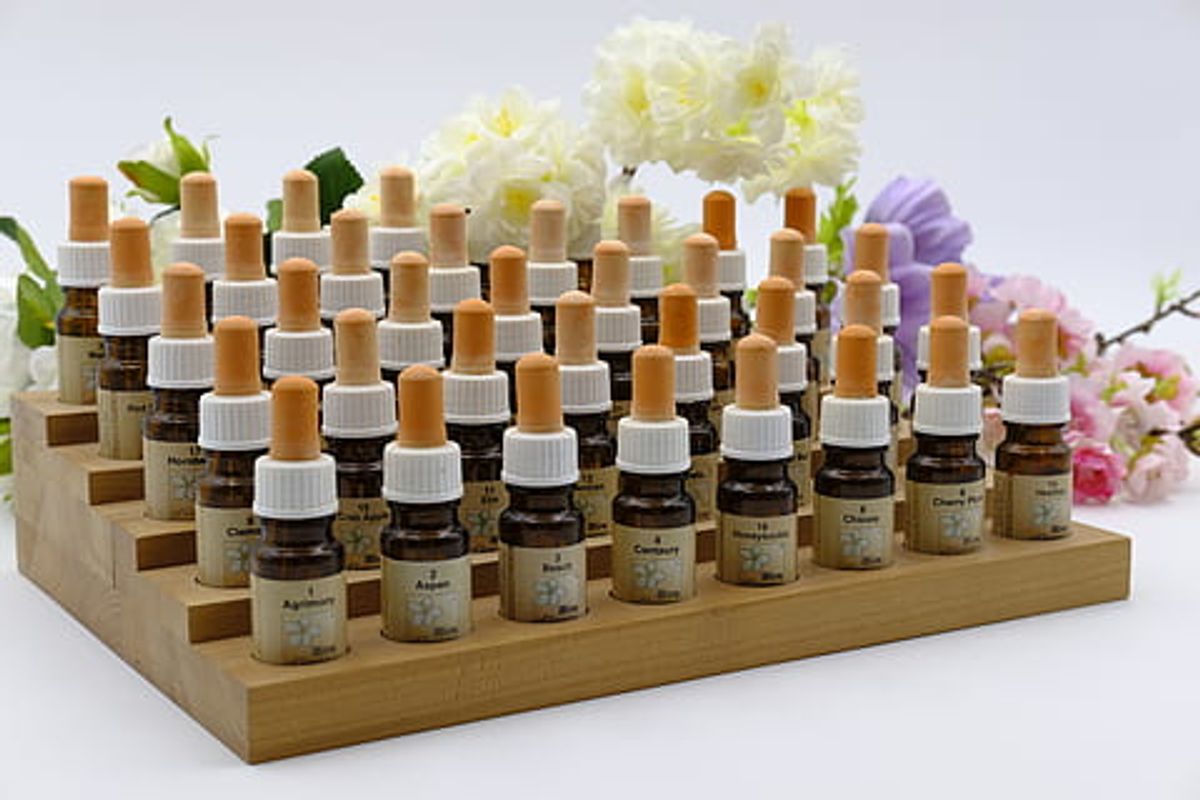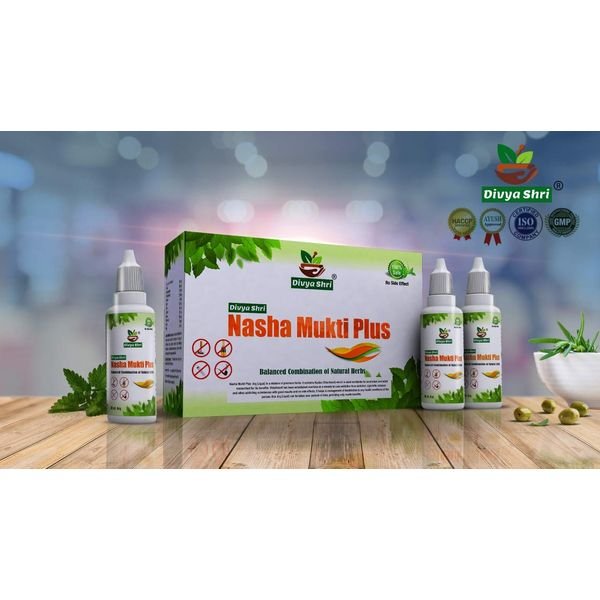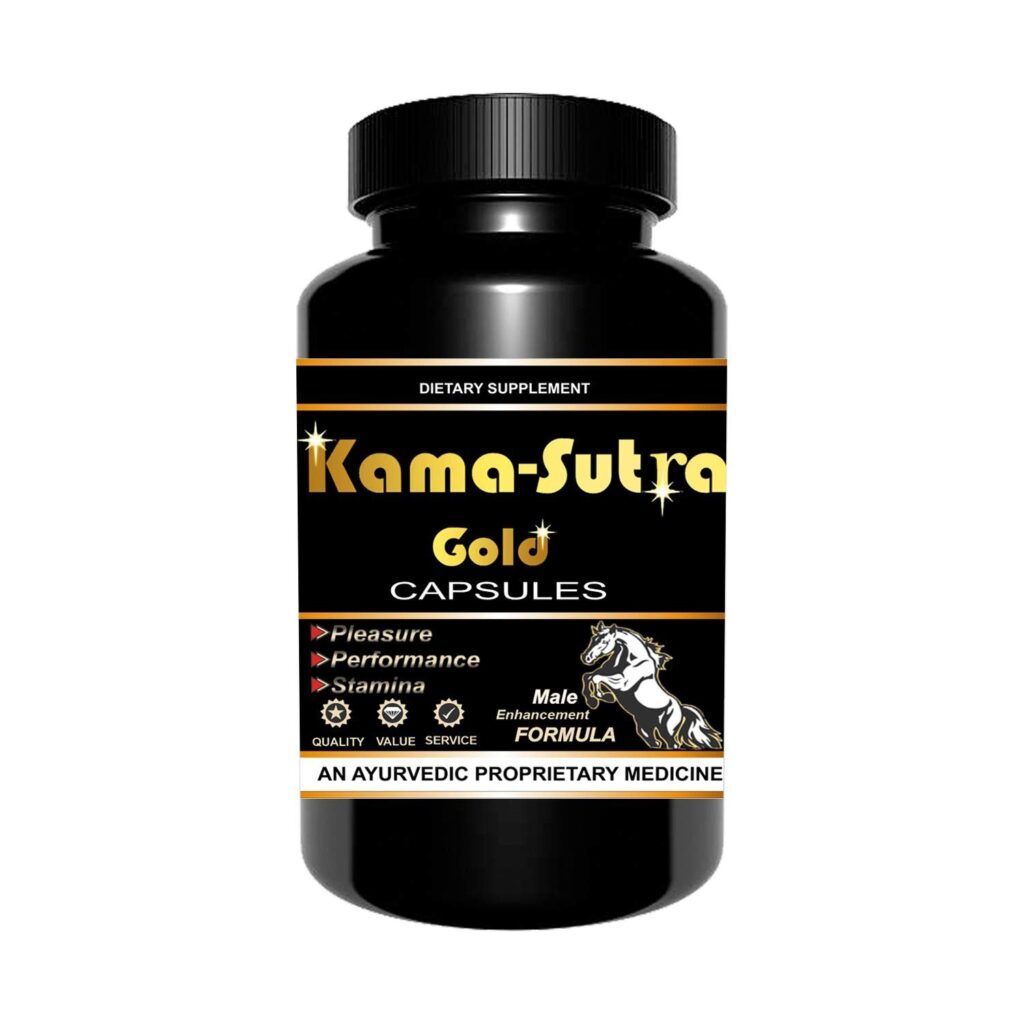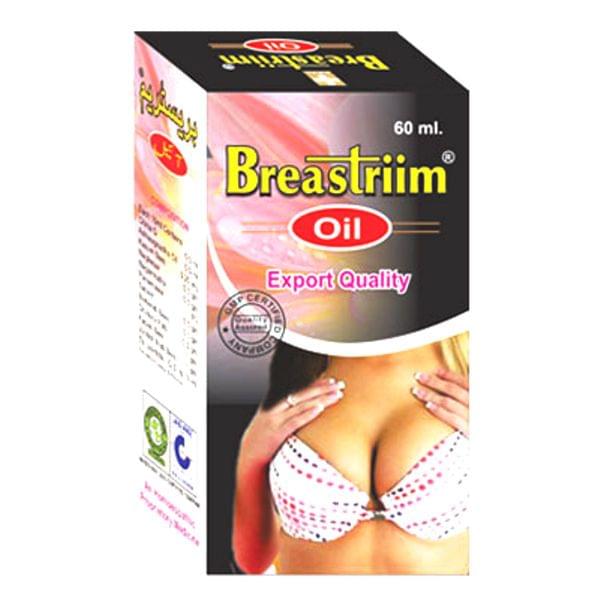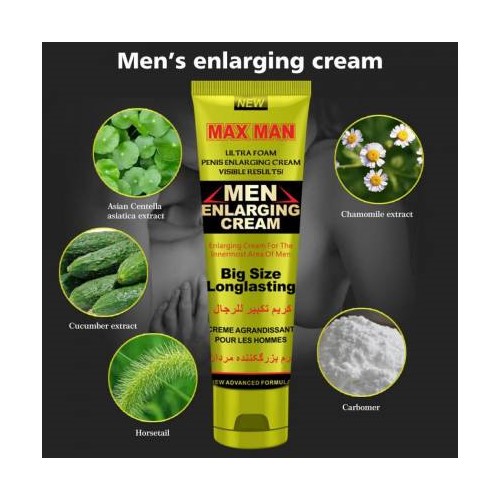Psoriasis is a chronic skin condition that affects millions of people worldwide. In this article, we explore the soothing relief that Nagarjuna Psoria Oil can provide for individuals suffering from psoriasis. From understanding the condition to using the oil effectively, we delve into the key aspects of managing psoriasis with this natural remedy.
Key Takeaways
- Nagarjuna Psoria Oil contains natural ingredients known for their skin-soothing properties.
- The oil works by reducing inflammation and promoting skin regeneration.
- User testimonials highlight the effectiveness of Nagarjuna Psoria Oil in managing psoriasis symptoms.
- Follow the application instructions carefully for best results.
- Consider any precautions related to allergies or skin sensitivities before using the oil.
Understanding Psoriasis and Its Impact
What is Psoriasis?
Psoriasis is a chronic condition characterized by the rapid buildup of skin cells. This accumulation leads to the formation of red or discolored, scaly patches that are often itchy and uncomfortable. The exact cause of psoriasis is not fully understood, but it is known to be related to an immune system issue with T cells and other white blood cells, called neutrophils, in the body.
Psoriasis is not just a skin condition; it can have profound psychological and emotional impacts on those affected. The visibility of the symptoms can lead to self-consciousness and social anxiety, making it more than a physical ailment.
While there is no cure for psoriasis, treatments are available that can reduce symptoms and improve the quality of life for those living with the disease.
Understanding the triggers and available treatments is crucial for managing psoriasis effectively. Lifestyle changes, medication, and therapies like Nagarjuna Psoria Oil can provide relief and help manage the condition.
Types of Psoriasis
Psoriasis manifests in various forms, each with distinct characteristics and areas of the body affected. Plaque psoriasis is the most common type, characterized by raised, red patches covered with a silvery white buildup of dead skin cells or scale. Other types include guttate psoriasis, which often starts in childhood or young adulthood and is marked by small, water-drop-shaped sores; and pustular psoriasis, known for its white blisters of noninfectious pus surrounded by red skin.
Guttate, inverse, pustular, and erythrodermic psoriasis are less common but can be quite severe. Inverse psoriasis typically affects skin folds such as those under the arms or around the groin and genitals. Erythrodermic psoriasis is a particularly inflammatory type that can cover large areas of the body with a fiery redness.
Each type of psoriasis can vary in severity and how it responds to treatments. It’s important to consult with a healthcare provider to determine the specific type and most effective treatment plan.
The following list outlines the main types of psoriasis:
- Plaque Psoriasis
- Guttate Psoriasis
- Inverse Psoriasis
- Pustular Psoriasis
- Erythrodermic Psoriasis
Understanding the specific type of psoriasis one has is crucial for effective management and treatment.
Symptoms of Psoriasis
Psoriasis manifests in a variety of symptoms that can vary in severity from mild to severe. The most common symptom is the appearance of red, raised, inflamed patches of skin, which are often covered with silvery scales. These patches, known as plaques, can be itchy and painful, and sometimes they crack and bleed.
In addition to the physical discomfort, psoriasis can also have a significant psychological impact, leading to feelings of self-consciousness and social isolation. The symptoms can be cyclical, with periods of flare-ups followed by times when the symptoms subside.
Common areas affected by psoriasis include the scalp, knees, elbows, and lower back, but it can appear on any part of the body. Here is a list of symptoms commonly associated with psoriasis:
- Red patches of skin covered with thick, silvery scales
- Small scaling spots (commonly seen in children)
- Dry, cracked skin that may bleed
- Itching, burning, or soreness
- Thickened, pitted, or ridged nails
- Swollen and stiff joints
While there is no cure for psoriasis, treatments like Nagarjuna Psoria Oil can help manage the symptoms and improve the quality of life for those affected.
Benefits of Nagarjuna Psoria Oil
Natural Ingredients
Nagarjuna Psoria Oil is a blend of carefully selected natural ingredients that are known for their skin-soothing properties. The use of pure herbal extracts ensures a gentle yet effective approach to managing psoriasis symptoms.
- Turmeric: Known for its anti-inflammatory properties
- Neem: Helps in reducing redness and irritation
- Coconut oil: Moisturizes and protects the skin
- Sesame oil: Acts as a carrier oil, enhancing the absorption of other ingredients
The synergy of these ingredients not only helps in providing relief from the discomfort but also aids in the overall health of the skin. Regular use of Nagarjuna Psoria Oil can lead to visible improvements in skin texture and a reduction in psoriatic plaques.
How It Works
Nagarjuna Psoria Oil operates on the principle of Ayurvedic medicine, harnessing the power of natural herbs to provide relief from psoriasis symptoms. The oil is designed to penetrate the skin deeply, nourishing it and helping to reduce the inflammation and scaling associated with psoriasis.
The active ingredients in Nagarjuna Psoria Oil target the imbalance of the body’s doshas – Vata, Pitta, and Kapha – which, according to Ayurveda, contribute to the manifestation of psoriasis. By restoring balance, the oil promotes healing from within.
The consistent use of Nagarjuna Psoria Oil can lead to a noticeable improvement in skin texture and a reduction in discomfort.
To illustrate the process, here’s a simplified list of actions the oil takes:
- Soothes irritated skin
- Moisturizes dry patches
- Reduces redness and scaling
- Aids in restoring skin’s natural barrier
User Testimonials
The experiences of individuals who have used Nagarjuna Psoria Oil speak volumes about its effectiveness. Many have shared their stories of transformation, detailing how the oil provided them with rapid relief from the persistent symptoms of psoriasis.
Users report a significant reduction in itching and inflammation, which are common complaints among those suffering from the condition. The testimonials highlight not just the immediate soothing effects but also the long-term skin recovery that users have observed.
The consistent use of Nagarjuna Psoria Oil has been a game-changer for many, offering a sense of normalcy and comfort in their daily lives.
While individual results may vary, the collective voice of these testimonials underscores the potential of Nagarjuna Psoria Oil to be the ultimate psoriasis oil for many seeking relief and recovery.
Using Nagarjuna Psoria Oil Effectively
Application Instructions
To achieve the best results from Nagarjuna Psoria Oil, it is crucial to follow the correct application instructions. Begin by cleansing the affected area with mild soap and water, patting it dry gently. Apply a small amount of the oil to the psoriasis patches, using a light, circular motion to massage it into the skin until fully absorbed.
- Ensure the skin is clean and dry before application.
- Use only a small quantity to cover the affected area.
- Massage gently in a circular motion.
- Allow the oil to be fully absorbed before covering with clothing.
Consistent use as part of your daily skincare routine can significantly enhance the oil’s effectiveness.
It’s important to note that while Nagarjuna Psoria Oil is recommended in Psoriasis and Dandruff, individual results may vary. Regular application as directed can help soothe the skin and provide relief from symptoms.
Precautions to Consider
While Nagarjuna Psoria Oil offers a natural approach to managing psoriasis, it is crucial to be aware of certain precautions before incorporating it into your routine. Always perform a patch test before regular use to ensure you do not have an allergic reaction to the oil. If you are pregnant, breastfeeding, or have any pre-existing medical conditions, consult with a healthcare professional prior to use.
Individuals with sensitive skin may experience irritation, especially if the oil is applied to open wounds or areas with severe inflammation. In such cases, discontinue use immediately and seek medical advice.
It is important to note that while Nagarjuna Psoria Oil is designed for external use, it should not come into contact with the eyes or mucous membranes. In the event of accidental contact, rinse thoroughly with water.
As with any topical treatment, it is essential to follow the recommended application instructions and frequency of use to avoid overexposure, which could potentially worsen symptoms. Remember, the key to effective treatment is consistency and adherence to guidelines.
Frequency of Use
For optimal results, consistency is key when using Nagarjuna Psoria Oil. It’s recommended to apply the oil as part of your daily skincare routine. However, the frequency of use may vary depending on the severity of your psoriasis and your skin’s sensitivity.
Individuals should monitor their skin’s response to the oil and adjust the frequency accordingly. If irritation occurs, reduce the frequency of application to allow the skin to adapt.
- Initial phase: Twice daily
- Maintenance phase: Once daily or as needed
Remember, every skin type is unique, and what works for one person may not work for another. Patience and attentive care to your skin’s needs are essential in managing psoriasis symptoms effectively.
Conclusion
In conclusion, Nagarjuna Psoria Oil offers a promising solution for individuals seeking soothing relief from psoriasis. With its unique blend of natural ingredients and proven effectiveness, this oil has the potential to improve the quality of life for those dealing with this chronic skin condition. Incorporating Nagarjuna Psoria Oil into a skincare routine may provide the much-needed relief and comfort that psoriasis sufferers are looking for. Consult with a healthcare professional before starting any new skincare regimen to ensure it is suitable for your individual needs.
Frequently Asked Questions
Is Nagarjuna Psoria Oil safe for all skin types?
Yes, Nagarjuna Psoria Oil is formulated to be safe for all skin types, including sensitive skin. However, it is always recommended to do a patch test before full application.
Can Nagarjuna Psoria Oil be used on children with psoriasis?
Nagarjuna Psoria Oil is suitable for adults with psoriasis. It is recommended to consult a healthcare professional before using it on children or individuals with specific medical conditions.
How long does it take to see results with Nagarjuna Psoria Oil?
Results may vary from person to person. Some users may experience improvements in a few weeks, while others may take longer. Consistent use as per instructions is key to seeing results.
Is Nagarjuna Psoria Oil a cure for psoriasis?
Nagarjuna Psoria Oil is not a cure for psoriasis, but it is formulated to provide soothing relief and manage symptoms associated with psoriasis. It is recommended to use it as part of a holistic treatment plan.
Can Nagarjuna Psoria Oil be used in combination with other psoriasis treatments?
Yes, Nagarjuna Psoria Oil can be used in combination with other psoriasis treatments. However, it is advisable to consult a healthcare professional before combining it with other products to avoid any potential interactions.
Are there any side effects associated with using Nagarjuna Psoria Oil?
Nagarjuna Psoria Oil is made from natural ingredients and is generally well-tolerated. However, some individuals may be sensitive to certain components. If any irritation or adverse reactions occur, discontinue use and consult a healthcare provider.


